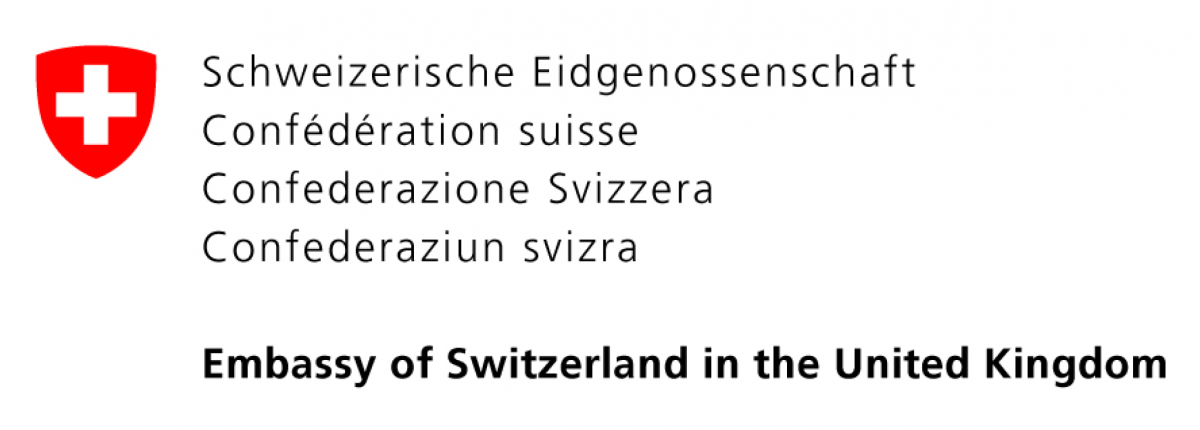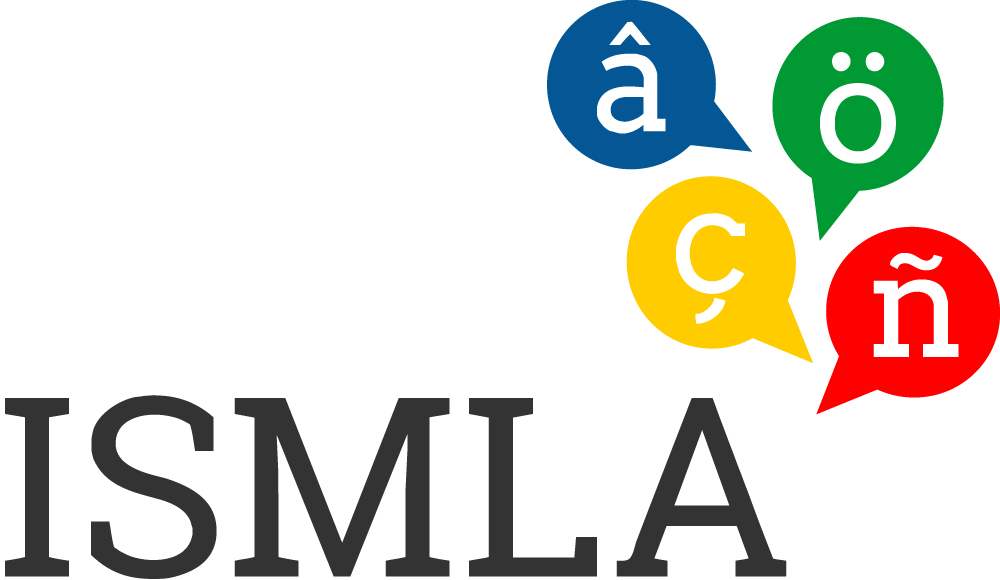Oxford German Olympiad 2024:
Kafkaesque Kreatures
Welcome to our 12th Oxford German Olympiad! The Results are in!
TAKE A LOOK AT THE WINNING ENTRIES HERE!
This competition is now closed. Closing date for all entries was Thursday 7 March 2024, at 12 noon. Winners will be contacted by e-mail.
Download the full competition details and guidelines here.
This year's competition is all about animals - but from perspectives with a difference. The tasks take inspiration from the animal stories by Franz Kafka (1883-1924), who gave the German and English languages the word kafkaesk / Kafkaesque to describe a weird, disturbing experience. Imagine waking up one morning and finding you've turned into a beetle. Or that you're an animal living in a burrow, worrying about your animal enemies up above. But the animal perspectives aren't all about weirdness - Kafka was a vegetarian. And his story about the ape Rotpeter shows deep concerns about how humans treat animals.

Please note:
- All entries must be submitted via the online entry form.
- Each participant may only enter for one task within their age group as an INDIVIDUAL entrant. We will only accept group entries (2-4 participants) for the "Open Competition for Groups" category.
- We require a consent form for under-13 participants. Click here to download the form.
NOTE TO TEACHERS: Teachers will be able to submit their students´ entries in bulk. Please contact olympiad@mod-langs.ox.ac.uk for instructions.
Inspiration
Click here for some of our thoughts and ideas about this year's tasks.
You can also find the Kafka texts and creatures mentioned in the tasks here.
The Competition Tasks
Choose one of the tasks appropriate for your age group.
All tasks to be completed in German, unless indicated otherwise.
Please refer to our full competition details and guidelines for word count guidance.
Years 5 and 6 (age 9-11):
-
Paint or draw a picture of an imaginary pet OR a scary monster, labelling 12 parts.
-
Draw a picture of part of your home from the perspective of an insect living there. Give your drawing a title indicating what creature it is and label 12 things it sees.
-
Draw a picture of a wildlife sanctuary and label the animals.
Years 7 to 9 (age 11-14):
-
Write about a day in your life as a Käfer, Affe, Maulwurf, Maus or Fisch and illustrate it.
-
Write an essay or create a video presentation on the topic "Wie kommunizieren Tiere/Vögel/Insekten?" You may focus on just one species or type of creature.
-
Create a comic strip of an animal, bird, insect or fish having an unexpected adventure.
Years 10 and 11 (age 14-16):
-
Write a story about an event or adventure that brings together a human and an animal and tell it in a comic strip.
-
Design a brochure for a study trip focused on the conservation of a particular species of animal.
-
Make a video entitled "Mein Odradek" showing and explaining how to make an imaginary animal or insect out of materials of your choice and showing how your Odradek moves about.
Years 12 and 13 (age 16-18):
-
Write a story from the perspective of a non-human creature, leaving your reader to work out what kind of creature it is.
-
Read the ape Rotpeter's account of his capture (probably around 1910) in Kafka's story Bericht für eine Akademie and write an essay or story, or create a video presentation, on the topic "Affe und Mensch". You may focus this on any angle you wish, e.g. historical, biological, Darwinism, communication practices, conservation, a surreal event.
-
"Allesfresser, vegetarische oder vegane Ernährung?" Plan a conference on this topic for 16-18 year olds including the advertisement and programme with keynote lectures and topics for roundtable discussion sessions.
Open Competition for Groups or Classes (2-4 participants):
-
Kafka's story Die Verwandlung starts with the travelling salesman Gregor waking up one morning to find that he's turned into a beetle. Create a video sketch featuring a transformation of one or more participants from human to non-human.
-
Design a board game which includes several different non-human creatures and at least 200 words (these can be the game instructions or be part of activity cards etc.).
-
Create a graphic novel featuring one or more non-human creatures and an unexpected plot twist.
Discover German - Taster Competition (for participants with no prior experience of studying German)
Years 5 and 6: Draw 15 non-human creatures and label them in German.
Years 7 to 9: Create a poster with the heading "Schützt diese Tiere, Vögel und Insekten!" and show animals, birds and insects that need protecting, labelling each one.
Years 10 and 11: Create a crossword puzzle with English clues for around 15 German verbs that describe an animal acivity, e.g. 'miaow'.
Years 12 and 13: Create five spider diagrams for word families each built round a noun designating an animal (e.g. Hund - hündisch - Hundefutter, ...).
Bild von Piyapong Saydaung auf Pixabay
The Oxford German Network is grateful for the support of the following:
Founding Partners:
Jesus College, Oxford
Bodleian Libraries, University of Oxford
Magdalen College School, Oxford
BMW Group Plant Oxford
Donor of the German Classic Prize: Jonathan Gaisman QC
The Oxford German Network gratefully acknowledges
the generous support of ALL and ISMLA to the Oxford German Olympiad.
The Oxford German Olympiad is generously supported by Lidl GB.
Additional prizes have been generously donated by the following:
Austrian Cultural Forum London
Blackwell UK Ltd.
British-German Association
Camden House (Boydell & Brewer)
Embassy of Switzerland in the United Kingdom
German Embassy London
Goethe Institut, London
Oxford-Bonn Link
Oxford University Press
Penguin Books
White Rose Project
The Oxford German Network would like to thank the Bodleian Libraries for permission to use the Blackwell Hall in the Weston Library.











